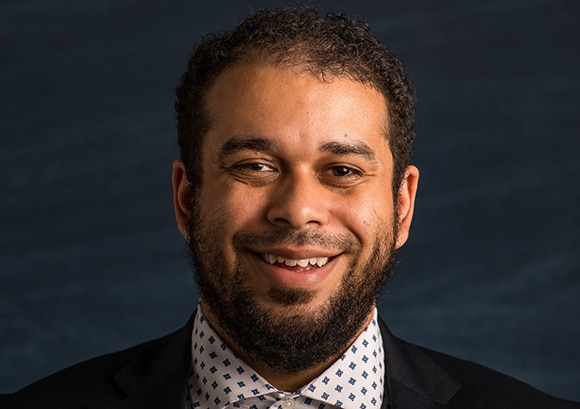People in Washington deserve a criminal legal system that promotes healing, justice, and equity. This type of system would ensure victims are made whole while also giving people convicted of criminal offenses an opportunity for repair and restoration without being trapped in a spiral of debt and poverty.
But we can’t build this type of system – or an equitable state – with the wide array of harmful and counter-productive fines and fees (also called legal financial obligations or LFOs) levied by courts upon people throughout their interaction with the criminal legal system. These fines and fees disproportionately harm Black, Indigenous, or People of Color (BIPOC), people who have low or moderate incomes, and those who live with disabilities.
LFOs include the many charges or fines levied on residents who become entangled in the criminal legal system, including (but not limited to) those for DNA collection, access to public defender services, jail bookings, restitution, and many other costs.
Criminal legal fines and fees do great harm to people and communities throughout Washington state. By extracting resources from those who are often least able to pay, LFOs serve to deepen and exacerbate economic inequality, racism, and ableism. And because they are disproportionately paid by those with little or no income or wealth, LFOs are a highly inequitable, inadequate, and unreliable source of funding for courts and other community priorities.
The good news is that lawmakers can work with impacted communities to end unjust LFOs and build a criminal legal system that upholds Washingtonians’ shared values. The reforms highlighted in a new policy brief from the Washington State Budget & Policy Center would mitigate and repair much of the damage caused by the state’s inequitable web of fines and fees, including:
- Eliminating all court and service fees.
- Adequately funding courts at all levels of government with new sources of equitable revenue.
- Enhancing economic security by canceling debt tied to unpaid fines and fees and prohibiting predatory debt collection practices.
- Restructuring fines to protect residents from a toxic cycle of debt and poverty.
There is momentum behind these policy reforms that could bring greater justice to Washingtonians ensnared in the criminal legal system. Legal advocates, community activists, currently and formerly incarcerated people, and researchers and scholars throughout the state are leading public education around LFOs and reform efforts. And there are an increasing number of court cases and legislation that could provide relief to people being harmed by LFOs. Policymakers must seize this momentum and advance racial, economic, and legal justice to the many people in Washington that are caught in the state’s unjust system of fines and fees.
This brief joins other recent reports from Living with Conviction and the Vera Institute of Justice calling for changes to Washington’s LFO system.
